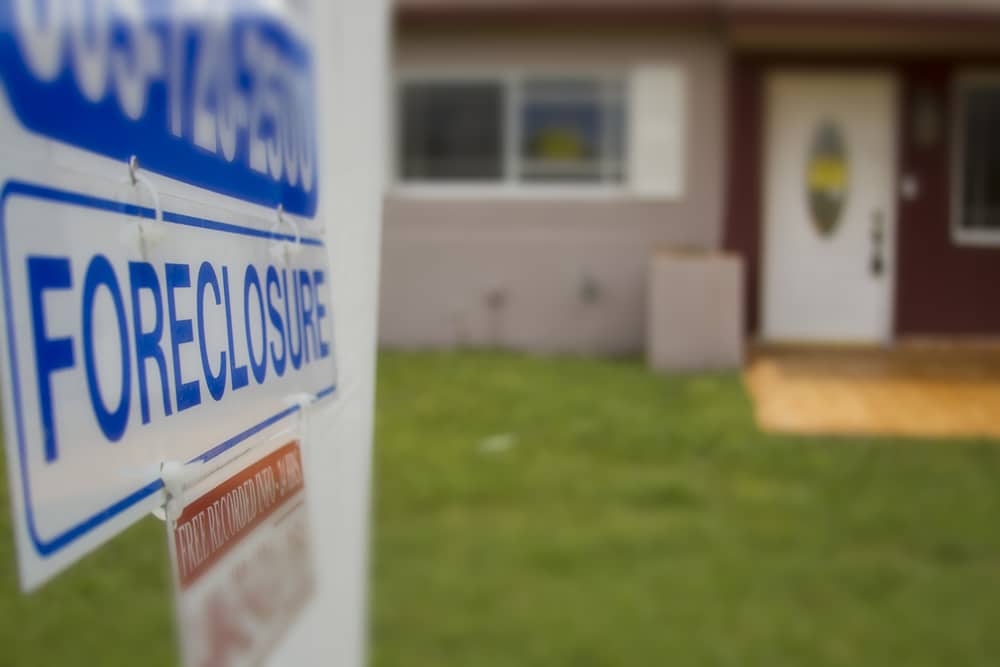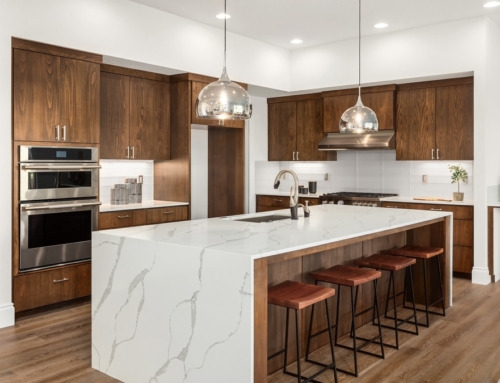Covid has changed the world, and the real estate trends for 2022 reflects this state of the world. Read more about Real Estate Trends you’ll be seeing in 2022 and sign up for Ilyce Glink’s Love, Money + Real Estate newsletter for further real estate trends and insights.
If only we could foretell the future, we’d have bought Apple stock at the start of the pandemic.
While we can’t look forward with that degree of certainty, I’ve had some interesting conversations with real estate experts and industry observers at the recent National Association of Real Estate Editors conference about what real estate trends might take over the headlines in 2022.
If you’re thinking about buying, selling or investing in residential real estate next year, keep these real estate trends in mind:
Real Estate Trend #1: iBuyers are evolving
iBuyers are real estate companies that allow consumers to basically buy and sell on demand. They will buy your home for a price that its algorithms say is correct, allowing you the freedom of making a non-contingent or cash-like offer at will.
But over time, some iBuyers have shifted their business models. Knock began as a traditional iBuyer, but over the past two years has evolved into a mortgage lender. They’ll pre-approve you for a mortgage, and provide you with a bridge loan for the down payment, allowing you to buy your new home first. Then, they will help you get your home prepped and staged to sell. And, if necessary, they’ll buy your home if no one else will. Something Knock CEO and Co-Founder Sean Black, said only has happened a handful of times.
Of course, just because you call yourself a real estate technology company, also known as “prop-tech,” doesn’t mean you always get it right. Zillow shut down its iBuyer division, Zillow Offers, at the beginning of November, acknowledging a potential loss of hundreds of millions of dollars, and said it was cutting its workforce by 25 percent.
Real Estate Trend #2: Interest rates are rising (this time, for real)
Since the Great Recession, mortgage industry observers and economists have annually foretold the rising of interest rates. In 2010, the 30-year mortgage interest rates were around 4.69%. It fell to the mid-3 percent range by 2012, according to Rocket Mortgage. And mostly stayed there. Mortgage rates briefly hit 5.34 percent at the end of 2018 and beginning of 2019. But they quickly declined and in January 2020, mortgage rates were back at around 3.7 percent.
And, then Covid hit. The Federal Reserve Bank lowered the federal funds rate to between 0 – 0.25 percent. In response, mortgage interest rates dropped below 3 percent.
What happens now? Interest rates are going up, say chief economists Lawrence Yun, of the National Association of Realtors, and Mike Fratantoni, of the Mortgage Bankers Association. The Federal Reserve says it will raise the federal funds rate three times in 2022 and phase out its bond-buying program. So it’s likely that this time, interest rates really will rise.
If Omicron (and future Covid variants) doesn’t require more federal intervention, Yun expects to see 30-year mortgage interest rates of 3.5 percent in 2022. In the meantime, lenders will be laying off more loan officers and staff as refinancings dwindle. They’re hoping the purchase mortgage market stays red hot.
Real Estate Trend #3: Millennial and Gen Z home buyers may find buying is unaffordable
But if interest rates rise much, Millennials and Gen Z home buyers will find it increasingly unaffordable to purchase their first home. And, Millennials account for the majority of home buyers at the moment.
U.S. homes appreciated at an annual rate of 18 percent in October, according to CoreLogic. That is the highest level recorded in the 45-year history of the index. Single-family home, those appreciated at a rate of 19.5 percent, another record-high.
That sort of growth, coming on the back of several years of double-digit price appreciation, is unsustainable. Since home prices are closely tied to income, something has to change:
- Either home buyers will have to earn more money to support higher housing prices
- Interest rates will have to stay low, despite the Fed’s actions
- Home prices will decline to get everything back in balance.
In the meantime, the U.S. is about 5.24 million homes short (rentals, townhomes, condos, and single-family detached houses). Builders are focused on building higher-priced homes and rental properties. No surprise, really. If you generate the same profit out of a $1 million house as three or four $250,000 homes, which would you choose?
More Real Estate Trends 2022
Real Estate Trends for 2022







Leave A Comment